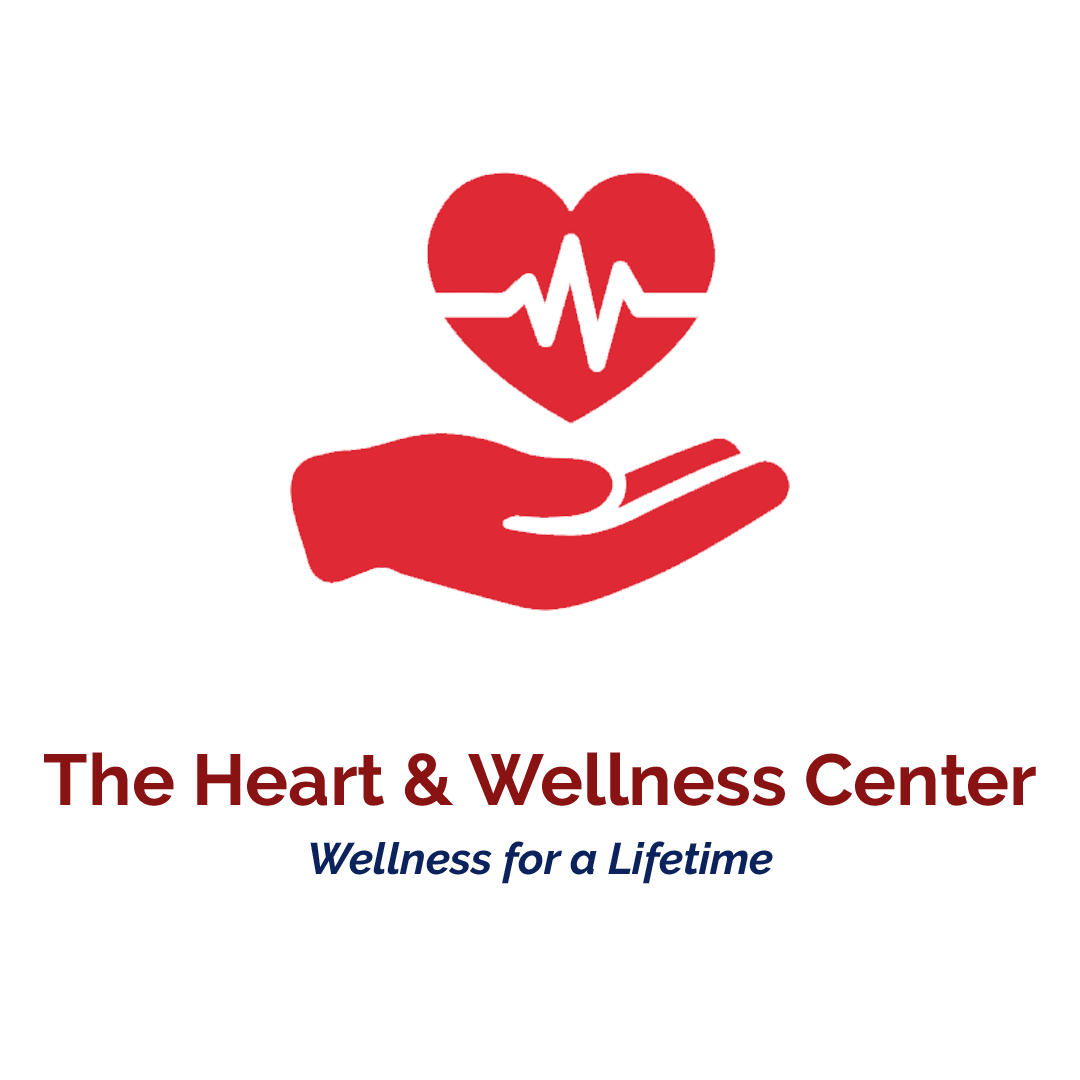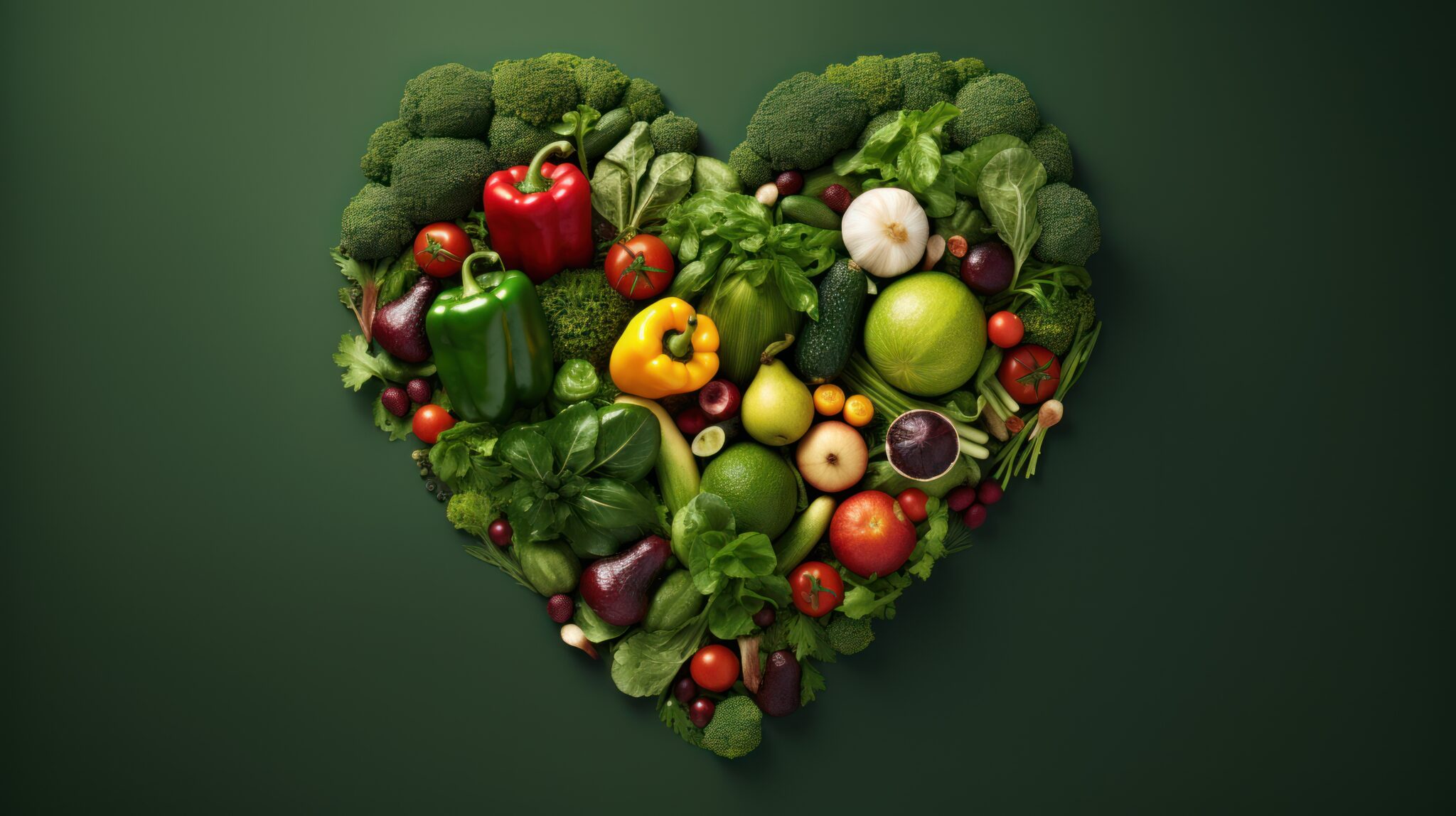.png/:/cr=t:0%25,l:0%25,w:100%25,h:100%25/rs=w:1280)
As you can imagine, nutrition has become a huge part of my day-to-day practice. It is my firm belief that nutrition and exercise or activity are the most important determinates of health.
The adage “you are what you eat” turns out to be literally true as the molecules we consume every day become part of our body structure.
Similarly, toxic substances, including food can also adversely alter our bodies even down to the DNA level. Just look up reactive oxygen species (RAS) the accumulation of which is largely due to our diet, is the main precursor to all medical ailments. So, in a real sense, nutrition is truly the fundamental aspect of health.
Not having studied nutrition as a discipline, and having the topic glossed over during my medical training, I used to feel leery, dispensing nutritional advice. Having kept intently current with what nutritional trends that leached over into our conventional medicine, and combined with my own curiosity and research on the topic, I now feel I have a firm grasp of what to recommend my patients.
In order for any advice to have any impact, it must have three main elements. The person has to be ready to accept the advice, which in my case, I have been lucky that my patients are usually eager to learn. Next the advice must be true and experientially so. That is to say its positive impact should be felt after successful implementation. Finally, it should be simple to follow.
So here goes.
I presented information as a pyramid to represent the importance of the bottom layers of the advice as it supports the upper layers. So at the very bottom, the most important part of nutrition is discussed Elimination and avoidance. The most impactful things we can do for our bodies are not only what we consume, although that is very important, but more importantly, it is what we abstain from.
Indeed, the recent fasting trends and research findings are quite fascinating. Intermittent fasting, extended day fasting, and even water-fasting has been showed to induce “AUTOPHAGY” “the consumption of oneself”. Here, the older and decrepit cells are destroyed “or consumed” and new, healthier cells replace them. If you have ever had a facial, you have experienced this theory in effect but suffice it to say you’re better off eating nothing rather than eating something bad for you.
So what are the things that are bad for you?
A lot of the usual suspects are on this list, fast food and processed foods, fried food number one with their unknown origins…who knows what these restaurants are putting in these foods at any point of the supply chain to get it to your mouth. So many stops, so many carcinogens and toxins to add in! Processed and preserved food are similarly noxious which their uses of heavy metals, complex chemicals, and sometimes carcinogens to preserve the food longer than it needs to be preserved. Indeed, the whole concept of food preservation is antiquated, unhealthy and stems from a scarcity mindset, and should be avoided. Food needs to be purchased and consumed in the most pristine form possible. It is the lifestyle that needs to accommodate this virtue and not the other way around.
Next on the list is fried food and any food that contains Trans or Unsaturated fats. Most oils, at high temperature fall apart Into reactive oxygen species (RAS), and other pro inflammatory elements upon entering our bloodstream wreaking havoc everywhere they go.
Finally, alcohol and by extension other various “drugs” should be reduced and preferably completely eliminated. Ignoring the Iicals, it has now been determined that even the “one drink per day“ recommendation was derived only from red wine, and likely attributable to Riboflavin and not the alcohol component that has any benefits.
Just to be clear, an occasional drink with friends and family is likely one of the keys to longevity. But, alcohol has a litany of adverse consequences including, epidemic abuse potential, liver disease, stomach ulcers, neurological disorders, motor vehicle accidents and from a Cardiology perspective; alcohol is frequently the cause of multiple cardiac rhythm issues, blood pressure problems and in some cases, heart failure. In fact, whenever I am treating a patient with uncontrolled blood pressure, it is usually the reduction or elimination of alcohol that finally “cures” it!
In the same token, remove all energy drinks. You are far better of drinking coffee, less than 3 cups per day, preferably. Tea is great thing to get into, continents were discovered as a result of it!
The Pyramid in written form:
ELIMINATE:
- ALL TABACO RELATED PRODUCTS
- Processed or Chemically Preserved Food, Deep Fried Food
- Trans-Fats and Vegetable Oils (canola oil, corn oil etc.)
- Stick to Olive oil for low and medium heat and Coconut or Avocado Oils for high
RARELY CONSUME:
- “Fast Food”, Simple Sugars (soda, juices, pastries, candy etc.)
- Alcohol <2 male, <1 female per day, Restaurants <1/week, Coffee < 3 per day
WATER:
- Clean/Filtered (free of chlorine, fluorine, heavy metals, microbes, drugs etc.)
- Deionized (cleaned by osmosis through different mediums) or Distilled (impurities boiled off)
- About 4 liters (16 cups)/day for men, and about 3 Liters (12 cups)/day for woman
- May enrich with “Trace Minerals”, avoid NaCl (Table salt), if hypertensive
ORGANIC FOODS:
- “Farm Food”, Organic Fruits and Vegetable
- Grass fed Meats (1-2 servings per week)
- Free-range Chicken (1-2 servings per week)
- Seafood (2-3 servings per week) from the Ocean if possible
- No Antibiotics, Hormones or Pesticides
- “As close to the earth as possible”, Farmers Markets, Sprouts, Whole Foods
SUPERFOODS (foods that should be consumed daily):
- High Quality Fats: Olive oil, High quality Fish oil, Avocados, Coconut oil
- Non Meat *Proteins: Eggs, Salmon, *Sardines, Tuna and other Fish, *Tofu
- Coniferous and Dark Green Vegetables: Broccoli, Brussel Sprouts, Cauliflower, Garlic
- Legumes: *Garbanzo Beans (hummus), Kidney or Black Beans and *Soy Beans, Lentils
- Fruits: Blue and Black Berries, Pomegranates, Lemons, Oranges, Tomatoes
- Dairy: Unpasteurized but Fresh, Cheese, Yogurt, *Cottage Cheese
- Whole Grains/Insoluble Fiber: Non-GMO, Wheat Germ, Bulgar Wheat, Oats, Quinoa, Brown Rice
Clearly there is a Mediterranean slant to these recommendations but I am proud of the fact that the Mediterranean Diet has been validated to be one of the best diets for reducing cardiovascular events. There are other amazing foods that would be compatible with the above, I simply kept the information limited to my knowledge base and my recent research and my palate!
Feel free to discover your Super Food. It must be nutritious, satiating and consumable in large quantities without deleterious effects.
Bon Appetit!


